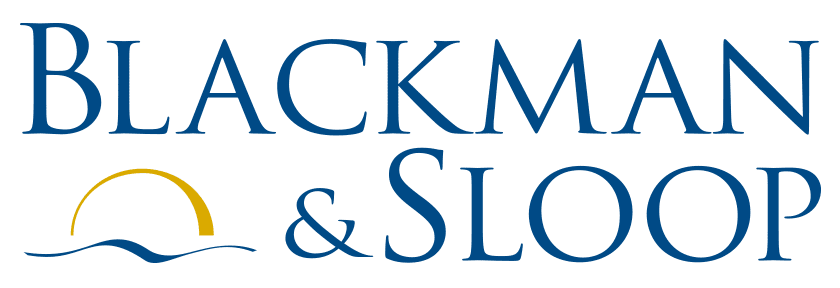Accounting for leases can be difficult when representing them on financial statements. The joint project between the Financial Accounting Standards Board and the International Accounting Standards Board in regards to leases seemed to point towards the elimination of operating leases in favor of recording an asset and related liability for all leases with few exceptions. The purpose of this project, according to the Exposure Draft, is “to develop a new approach to lease accounting that would ensure that assets and liabilities arising under leases are recognized in the statement of financial position.” Currently, “the existing accounting models for leases have been criticized for failing to meet the needs of users of financial statements because they do not provide a faithful representation of leasing transactions.”
A decision reached at their last meeting February 16 – 17, 2011 now appears to allow for two types of leases as follows:
1. A finance lease with a profit or loss recognition pattern consistent with the proposals in the Exposure Draft
2. An other-than-finance lease with a profit or loss recognition pattern consistent with an operating lease under existing U.S. GAAP.
The finance lease would result in an asset and a liability on the balance sheet. The other-than-finance lease would be similar to an operating lease, but would still most likely be reflected on the balance sheet in conjunction with flowing through the income statement.
At their last meeting, they also decided to replace the ‘more likely than not’ language in regards to renewals to consider renewals only if the company has a significant economic incentive to extend the lease.
For now, it looks as though not all leases currently classified as operating leases will have as a significant impact on the balance sheet as once expected, but more changes are on the horizon, as the Boards plan to issue the final standard on lease recognition in the second quarter of 2011.
Read more updated information on the joint Project at http://www.fasb.org/cs/ContentServer?site=FASB&c=FASBContent_C&pagename=FASB%2FFASBContent_C%2FProjectUpdatePage&cid=900000011123.
About Blackman & Sloop CPAs, P.A.: Blackman & Sloop is a full-service CPA firm headquartered in Chapel Hill, North Carolina and is actively involved in auditing, taxation, management consulting, financial planning, and related services. The firm directs a large part of its services toward providing management with advice on budgeting, forecasts, projections, financing decisions, financial analysis, and tax developments. The firm also performs review and compilation services and prepares not-for-profit, corporate, individual, estate, retirement plan, and trust tax returns as well as technology consulting services regarding installation and training on QuickBooks. Blackman & Sloop provides services in Raleigh, Durham, Chapel Hill, RTP, Hillsborough, Pittsboro, Charlotte, and the rest of North Carolina. To find out more please visit http://www.blackmansloop.com
Contact: CPA cpa@blackmansloop.com
Toll Free: 1-877-854-7530The Exchange West
1414 Raleigh Rd, Suite 300 Chapel Hill, NC 27517





